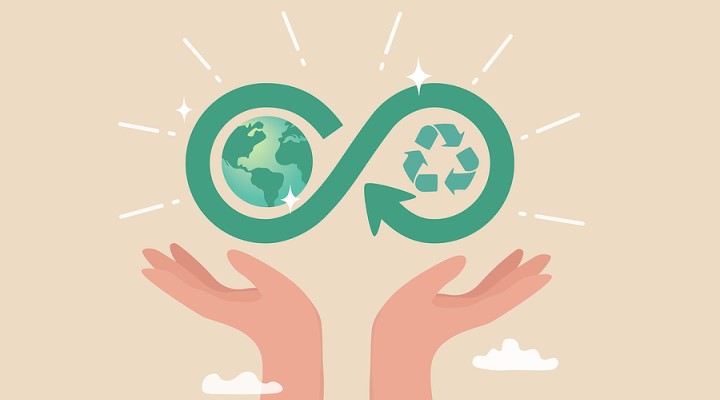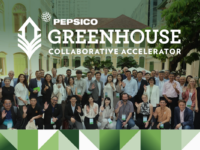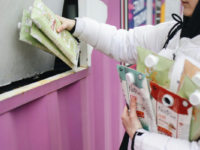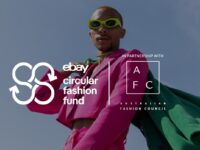A total of 13 New South Wales businesses have been selected to participate in Boomerang Labs’ six-month accelerator program for late-stage circular economy start-ups.
Set to begin this November, the Accelerator will help participating start-ups scale and commercialise their business through workshops, mentoring, coaching and networking.
“We wanted to reach out to different types of businesses and take a sector-agnostic approach because getting to a truly circular economy requires innovation and collaboration across all scales and supply chains,” Boomerang Labs General Manager, Caitlyn Touzell, said.
The NSW Environment Protection Authority (EPA) and Ernst & Young (EY) also provided support for the accelerator. Boomerang Labs hopes to offer similar programs to other states and territories.
“The Accelerator program will better enable these start-ups to establish strong business foundations, connect with potential strategic partners and key stakeholders and pursue investment opportunities and pathways to raise capital,” NSW EPA A/Executive Director of Programs and Innovation, Arminda Ryan, said.
“We know that transitioning to a circular economy and achieving our waste reduction goals will require new and innovative approaches from industry as well as governments,” Ryan added. “It’s great to see NSW business bringing new ideas to the table and exploring sustainable solutions for complex waste and recycling issues across a variety of sectors.”
Mat Nelson, EY Oceania Chief Sustainability Officer, said that innovation will be “critical” in transitioning to a true circular economy and that EY understand the important role start-ups and entrepreneurs will play in this.
This year’s accelerator participants are:
- BRAD by Banish – Banish, which seeks to reduce their waste with the right products and information, has initiated BRAD, the Banish Recycling and Disposal program, to help Australians divert hard-to-recycle household items from landfill.
- Bearhug Pallet Wraps – aims to reduce pallet wrap waste one thousandfold through the implementation of successful strategies and effective systems needed for their application throughout supply chains.
- CandleXchange – creates affordable, accessible, and environmentally-friendly luxury home fragrances.
- Charopy – designer of compliant out-of-home recycling bins with a locked flap that only opens for eligible items, combined with real-time online reporting.
- Delivery Hound – replaces single-use plastic dog food packaging with a two recyclable tub system: the one they have, and the one that staff are cleaning, refilling and replacing for the customer.
- Devolver Pty Ltd – developers of apps that make borrowing and tracking reusable containers easy and efficient, eliminating the need for disposable packaging.
- nviro1 – produces a 100 per cent PET bottle with a tethered, resealable cap, reducing the risk of litter and costly sorting for recyclers.
- RCYCL – offers a hassle-free solution for direct-to-consumer clothing recycling, working with industry experts who specialise in sorting and processing different types of fibres.
- Resolarcycle – takes older but still usable solar panels and redistributes them to areas in Asia and Africa where access to electricity is not readily available, as well as recycling non-usable solar panels.
- Reynard Wood – produces building products made from iron ore tailings waste, creating industrialised safe-waste composite based, with lower energy used to produce, and mass distribute that can replace traditional hardwood and softwood timber.
- Superyard – enables construction businesses to find and sell unused construction materials and equipment.
- Utilitarian – a global community of consumers, brands, and circular economy platforms which offers a single digital wallet that enables tailored, rewards-orientated sustainability actions, with a variety of incentives.
- Yaali Collective – an Indigenous-owned company that provides goods and services that are educational, easy to use, and interactive.















